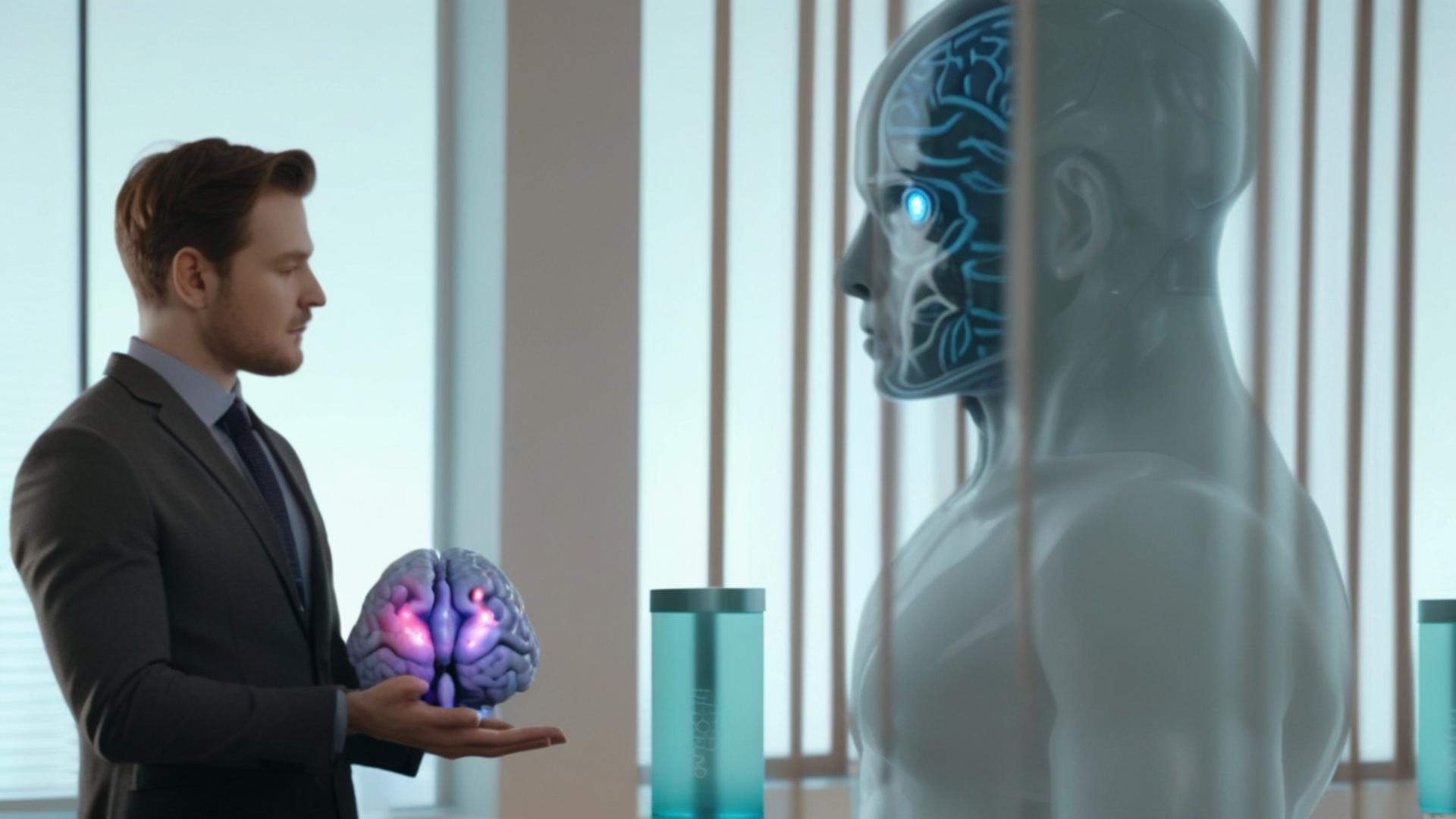AI is revolutionizing neurological care by enhancing diagnostics, personalized treatments, and patient management, offering hope for better outcomes in neurological disorders.

As we embark on the journey of advancing neurological care, artificial intelligence (AI) is taking center stage. Recent developments highlight AI's increasing role in improving diagnosis, treatment, and patient care for various neurological disorders. For instance, researchers at Mass General Brigham anticipate a greater reliance on AI to streamline workflows and enhance diagnostics in 2025. This trend is also seen in the expanding use of robotics and AI in complex surgeries for brain and spine procedures.
AI's predictive capabilities are particularly exciting in areas like multiple sclerosis. The International Progressive MS Alliance has funded a project using an image-based causal deep learning model to predict disease progression and treatment response based on MRI data. This breakthrough could revolutionize how clinicians tailor treatments to individual patients, offering personalized care and potentially better outcomes.
In the realm of epilepsy, AI is being harnessed to improve diagnosis and management. The upcoming International Conference on Artificial Intelligence and Other Neurological Disorders aims to highlight these advancements. By leveraging AI, researchers can analyze vast amounts of data, identifying patterns that may help predict seizures or improve treatment strategies.
Personalized care is a crucial aspect of AI's impact on neurological disorders. For example, innovations in non-invasive brain stimulation can now offer tailored treatments that target specific symptoms in each patient, often with quicker results than traditional methods. This not only enhances treatment efficacy but also increases patient access to care, as at-home devices make brain stimulation more accessible.
AI's role in promoting wellbeing and personal development extends beyond treating specific disorders. It can help people manage stress and improve cognitive function by analyzing behavioral patterns and providing personalized recommendations for lifestyle changes. For instance, AI-powered mindfulness apps can offer guided meditations based on an individual's emotional state and progress.
In real life, AI's impact can be seen in patients like Emma, who was diagnosed with multiple sclerosis. Thanks to AI-driven predictive models, her doctors could tailor her treatment plan more effectively, reducing the progression of her disease and improving her quality of life. This kind of personalized care is becoming increasingly available, making AI a beacon of hope for those dealing with neurological challenges.
As AI continues to evolve, its integration into neurological care promises better outcomes and enhanced wellbeing for patients worldwide. By embracing these technologies, we can pave the way for more effective treatments and improved quality of life for those affected by neurological disorders.
- AI's predictive capabilities are making personalized care possible in treating neurological disorders.
- Advancements in AI technology, including image-based causal deep learning models, have the potential to revolutionize how clinicians tailor treatments to individual patients with diseases like multiple sclerosis.
- AI can also analyze vast amounts of data to improve diagnosis and management of neurological disorders such as epilepsy.
KEYWORDS
stress, brain, mindful, meditationMOST READ
MORE TO READ

Creating Effective Systems For Growth
Building effective systems is crucial for business growth, fostering efficiency, consistency, and adaptability. These systems ensure scalability, inform strategic decisions, and drive long-term success.

How to positive thinking
Discover how embracing positive thinking can transform your daily experiences by focusing on gratitude, reframing negative thoughts, and cultivating optimism through simple yet powerful practices.

Why Your Brain Loves Silence
Find peace and mental renewal in silence. Research shows that quiet moments nourish the mind, enhancing creativity, emotional balance, and mental clarity.

Fall in Love With Ordinary Moments
True romance isn’t about grand gestures—it’s the quiet magic of shared routines, comforting silences, and small acts of kindness that build enduring love. Find joy in life’s ordinary moments together.


